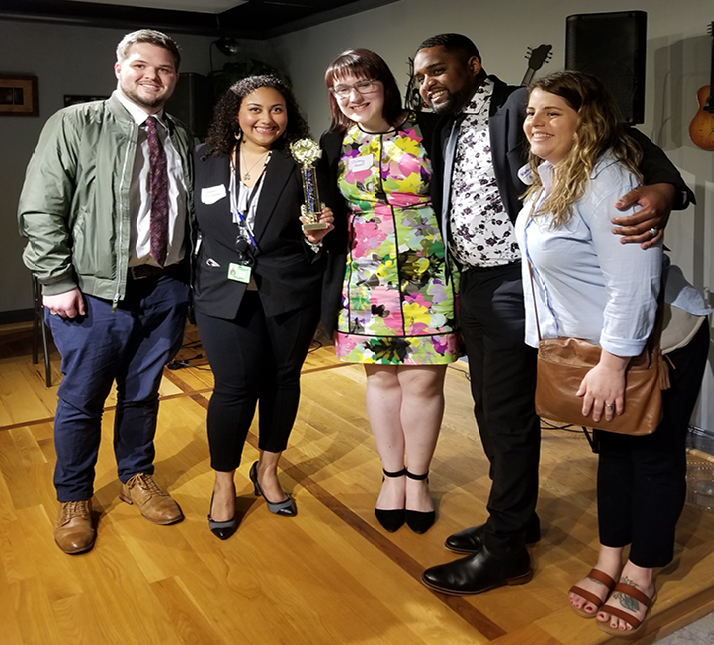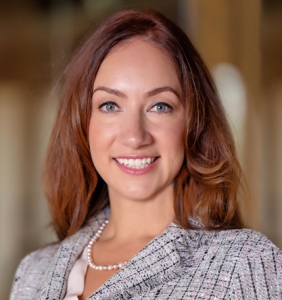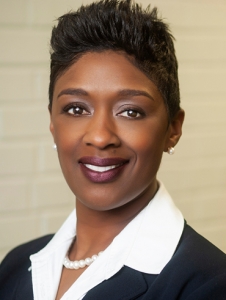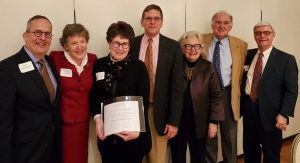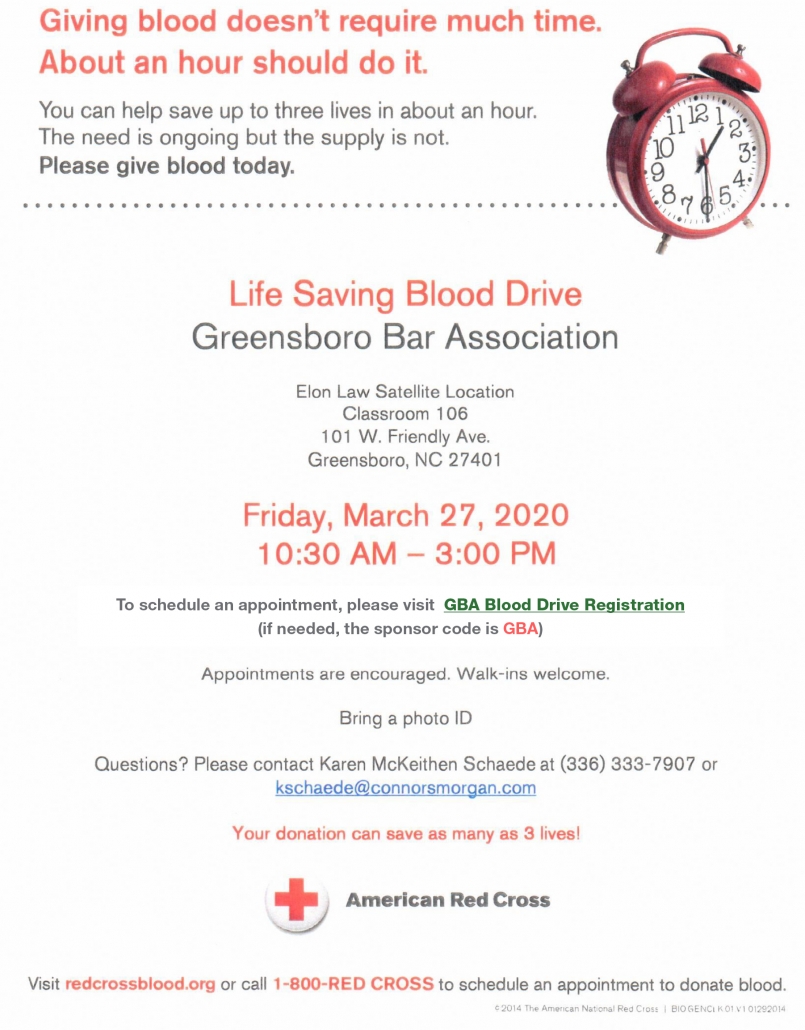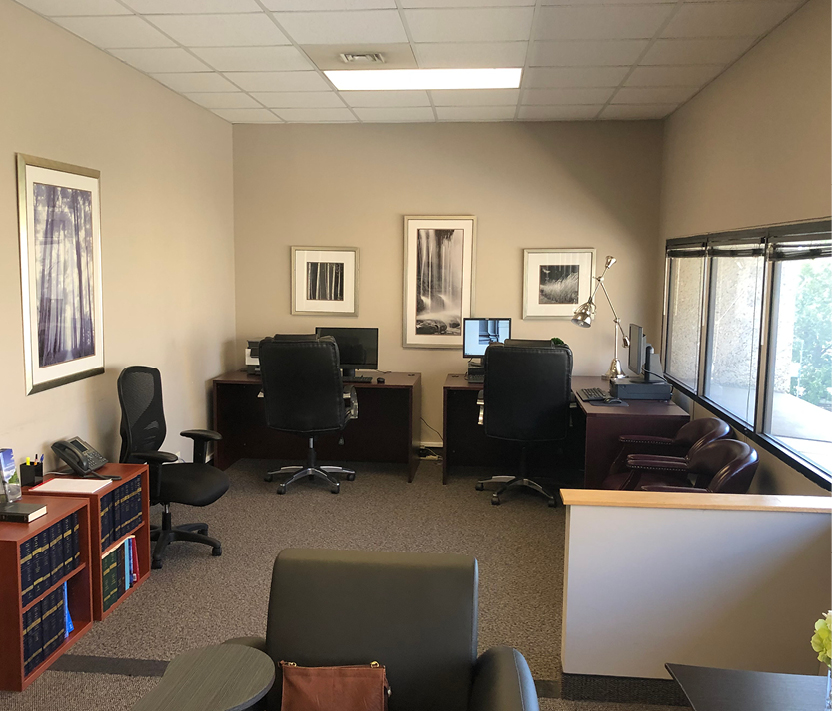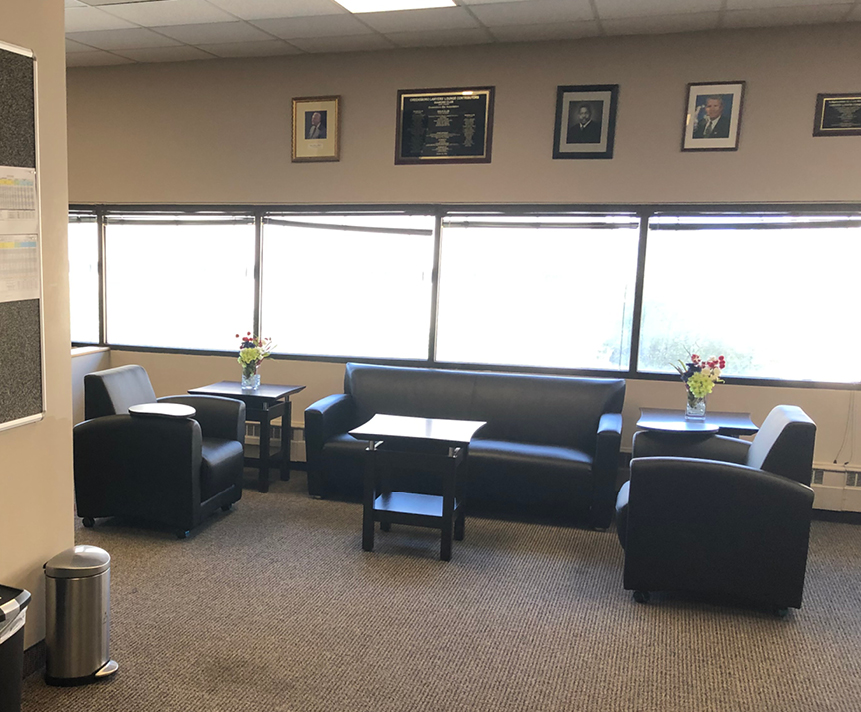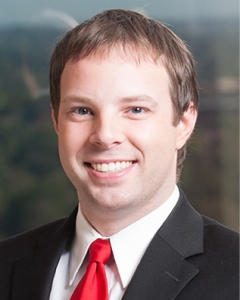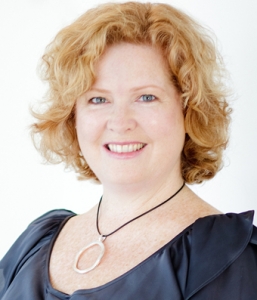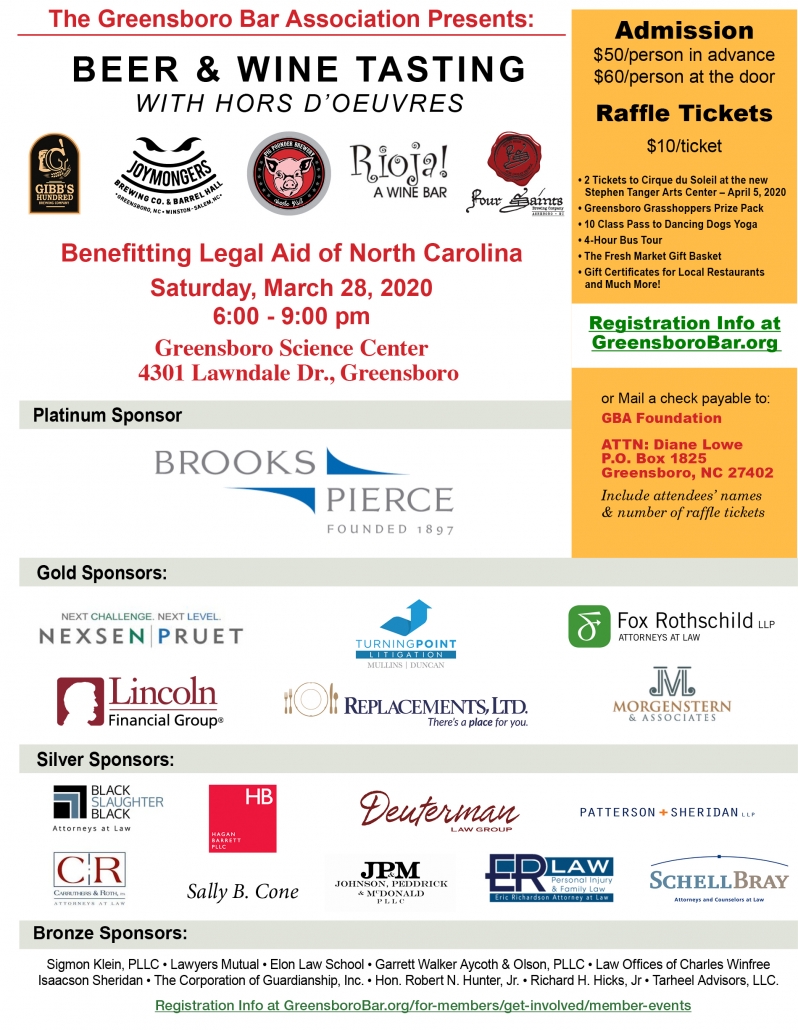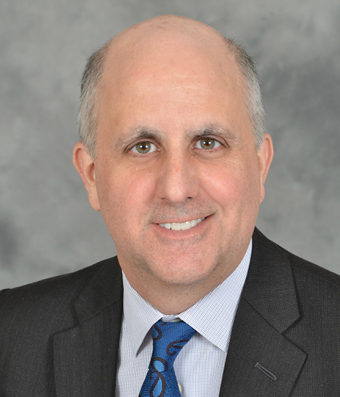
Eric A. Richardson
President, Greensboro Bar Association
“Early to bed and early to rise makes a man healthy, wealthy, and wise.” Whether this quote is attributed to Benjamin Franklin or John Clarke, it is clear that its survival signifies the societal value to three sought-after goals: being healthy, being wealthy, and being wise. In the legal profession, we are no different, but perhaps we attribute differing values to these objectives. The first of these objectives is the subject of this month’s newsletter: being healthy.
In the quote above, I interpret the order to mean that being healthy is the most important of the three conditions one might strive for. And the reason is obvious – what good is wealth and wisdom, without health? This point may be debatable, but how are we, in the Greensboro Bar Association, evaluating, acknowledging, and caring for the individual and collective health of our members? A 2016 American Bar Association and Hazelden Betty Ford Foundation Study found that 28% of licensed, employed lawyers suffer from depression, 19% demonstrate symptoms of anxiety, and 21% qualify as problem drinkers. These numbers are staggering. But maybe even worse are the sad and all too common stories of tragic loss that result from unchecked mental health or substance abuse issues.
… what good is wealth and wisdom, without health?
As I sat in a recent monthly calendar call in Guilford County District Court with approximately 60 lawyers, I couldn’t help applying the studies’ statistics to wonder if 17 lawyers in my presence have depression or if 11 have symptoms of anxiety, or if 13 qualify as problem drinkers? And, further, I shuddered at the idea that someone close to me may be suffering in silence.
Fortunately, with programs such as NC LAP and other resources, attorneys in North Carolina have more opportunities available than ever before to seek help. In addition, the State Bar requires regular substance abuse and mental health CLE training. But do we utilize these resources? Or do we wait until issues reach crisis before considering such options? I believe it would be a mistake to assume that mental illness and substance abuse are someone else’s issues. Patrick Krill, the lead author of the ABA study, referred to the findings as an “unsustainable professional culture that’s harming too many people.” He goes on to argue that the unrelenting pressure to succeed, win, and advance that starts in law school (or even before) puts lawyers at odds with things one should do to support mental health such as rest, exercise, and seeking quality social connections.
Reaching crisis often forces our hand, but I challenge our GBA members to pursue another route to address these concerns and issues: acknowledge our ailments without shame and reach out for help at the first sign of concern. Knowing these staggering statistics exist, I can’t imagine doing anything more responsible than giving yourself a checkup with your doctor, counselor,
or colleague. I also believe that our willingness to create environments for sharing, such as support groups, could go a long way in addressing the health needs of our members. In the end, perhaps the devastating loss of losing a loved one or colleague can be averted by such early intervention.

